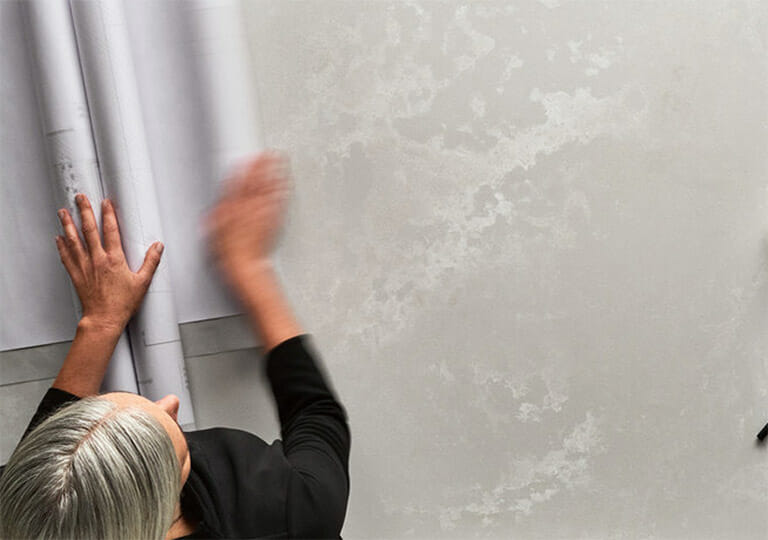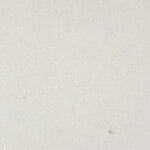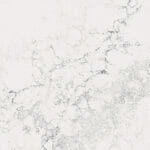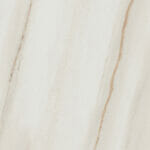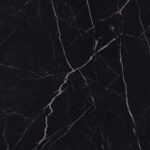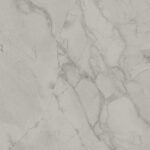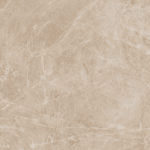When it comes to countertops in your home, you have plenty of choices. Among the two most popular are Corian and quartz. In this post, we’re going to compare the two in an effort to help you decide between them effectively.
Corian vs. Quartz Countertops: What Are They?
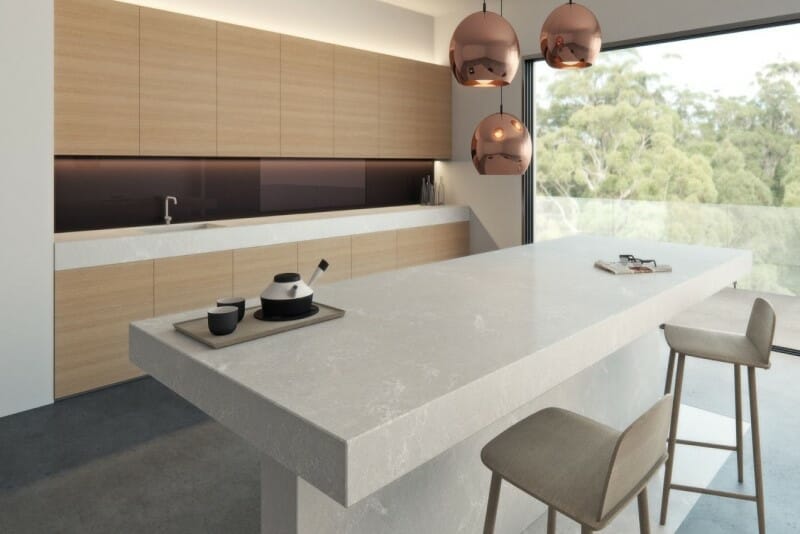
Before we go any further, it’s worth exploring exactly what Corian and quartz are.
What is Corian?
While Corian is a brand name, the term is commonly used to refer to any type of solid surface containing polymer and natural minerals. It is a lower-priced material than quartz and other premium countertops. This low cost is Corian’s primary call to fame.
What is Quartz?
Quartz, on the other hand, is a natural rock used to create quartz countertops. Caesarstone is the most renowned and popular manufacturer of quartz, which has led to our brand name becoming near-synonymous with countertops made from it.
As with Corian, quartz combines natural minerals with man-made materials (resins, in this case). The blend of these materials is typically higher, though. At Caesarstone, we use roughly 90% loose quartz, with the rest of the surface being resins and polymers. Corian consists of roughly 33% synthetic polymer and 66% minerals.
Corian vs. Quartz Countertops: Detailed Comparisons
Pictured: Fresh Concrete 4001
Now that you know the difference between quartz and Corian, let’s put the two head-to-head against each other in several categories. Note that we won’t dive into the full list of quartz countertop benefits. This should be enough to give you an idea of why quartz is the preferred material, though.
What Costs More – Quartz or Corian?
Caesarstone quartz generally costs more per square foot than Corian. Because quartz countertops are more durable and easier to maintain, however, the cost of ownership is typically less over time.
Keep reading to learn more about why many consumers are willing to pay more for Caesarstone quartz.
Corian vs. Quartz Countertops: Pros and Cons
Pro For Quartz: Strength and Functionality
Corian countertops were developed in response to laminate, a much weaker and lower-quality option. While Corian will last longer than laminate, it simply cannot compete with the resilience and durability of quartz. Quartz resists scratches, mold, and mildew, while Corian is not as durable
Pro For Corian: It Can Conduct Electricity
Aside from the low cost, it’s difficult to find many real advantages for Corian versus quartz. One nifty feature, though, is Corian’s ability to offer wireless charging. Some homeowners might consider this a bit gimmicky but it’s true. Some Corian surfaces do allow you to charge mobile devices on top of them. This may be advantageous if you’d like to look at your iPad for recipes without worrying about the battery.
Keep in mind that this feature will cost you, though. There may also be additional maintenance requirements.
Pro For Quartz: More Classic Styling
While we want our home surfaces to stand up to the chaos and energy of our activities, we also expect it to look good in the process. Design pros at Houzz.com applaud quartz for its clean looks and wide range of patterns.
Quartz’s primarily natural composition means the looks never go out of style. Of Corian, however, professionals at Houzz also state that it has a “patently artificial look and feel.”
Pro For Quartz: Heat Resistance
On the topic of Corian vs. quartz, price should not be your primary concern. You also need to think about how the material of your choosing will hold up to the elements in your kitchen. Chief among these is heat.
Accidents happen and you may occasionally spill hot liquids or be forced to place a hot pan down directly on your countertop. We don’t recommend you do this with quartz (particularly with Honed or Rough finishes) but it will typically hold up much better than Corian would under the same circumstances. Remember, Corian contains a large amount of polymer. That doesn’t stand up to heat as well as natural stone does.
Pro For Quartz: Resale Value
Another reason to avoid tackling the topic of Corian vs. quartz from a price standpoint entirely is that the former does not increase resale value nearly as well as the latter.
Consumers do not consider Corian to be a premium countertop material. At best, it is a slightly better alternative to laminate. Quartz, on the other hand, has surpassed even natural stone when it comes to desirability.
Conclusion
Corian is a branded name used in reference to solid surface countertops. These surfaces are a step up from laminate but still lack the durability and aesthetics that would allow them to compete with natural stone such as quartz.
This is one of the primary reasons Corian offers poor resale value compared to quartz.
Frequently Asked Questions
Is Corian cheaper than quartz countertops?
Corian is cheaper than quartz upfront. You can expect to pay between $40 and $65 per square foot for Corian while quartz starts at $40 and can extend well beyond $200 per square foot.
Corian will cost more over the long haul due to the material’s fragility and poor resale value.
Is Corian cheaper than granite?
Corian is also cheaper than granite upfront. Granite has some major issues of its own, though, that may even give Corian the slight edge-up on it. For one, granite is porous. You need to seal it as often as twice yearly, otherwise, it will stain. Corian is like quartz in that it is nonporous and, as such, highly resistant to staining.
Can you put hot pans on Corian countertops?
Placing a hot pan on Corian will almost certainly leave a mark, so experts do not advise this. Keep trivets and heat pads handy at all times.
Since when is Corian out of style?
Corian was trendy in the 1980s as consumers looked for something superior to laminate. Since then, it has maintained some popularity but still falls short of quartz in this area.
How do you keep Corian countertops shiny?
Maintaining the glossy finish on your Corian countertops typically entails buffing with a microfiber cloth and special polish. Glossy Caesarstone countertops, meanwhile, have a durable finish capable of holding their shine for years with the proper care (i.e. cleaning spills immediately and avoiding the use of abrasive detergents).
Does Corian scratch easily?
Corian scratches easily compared to Caesarstone quartz. On the Mohs hardness scale, the sort of plastics used in Corian countertops rank 2 whereas mineral quartz (which is used in Caesarstone countertops) ranks 7.
